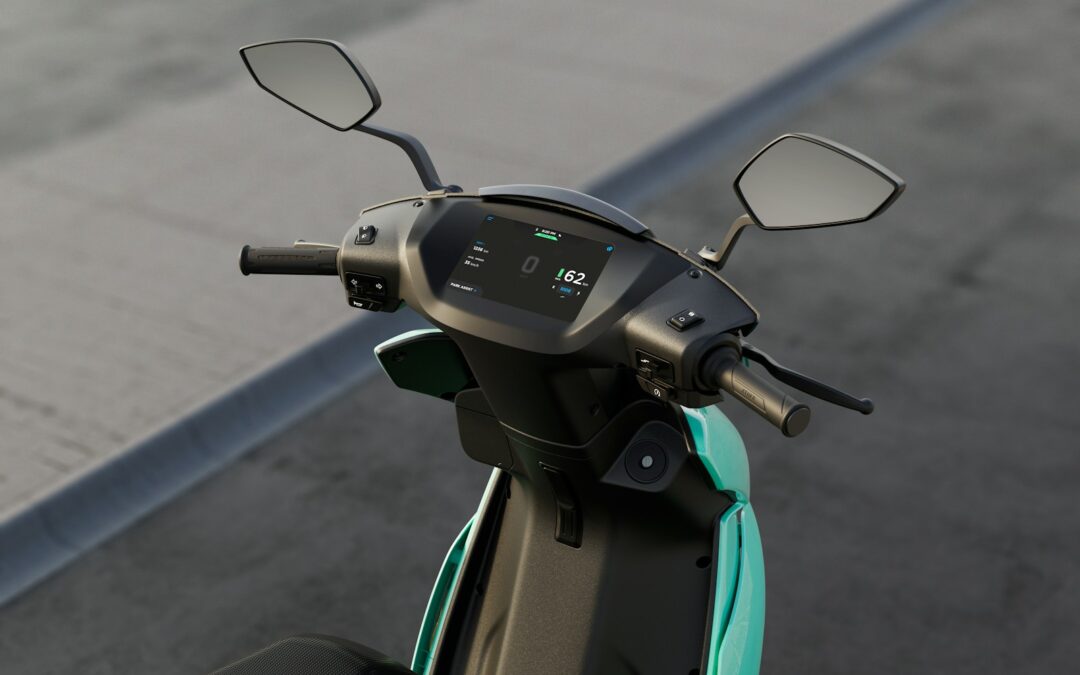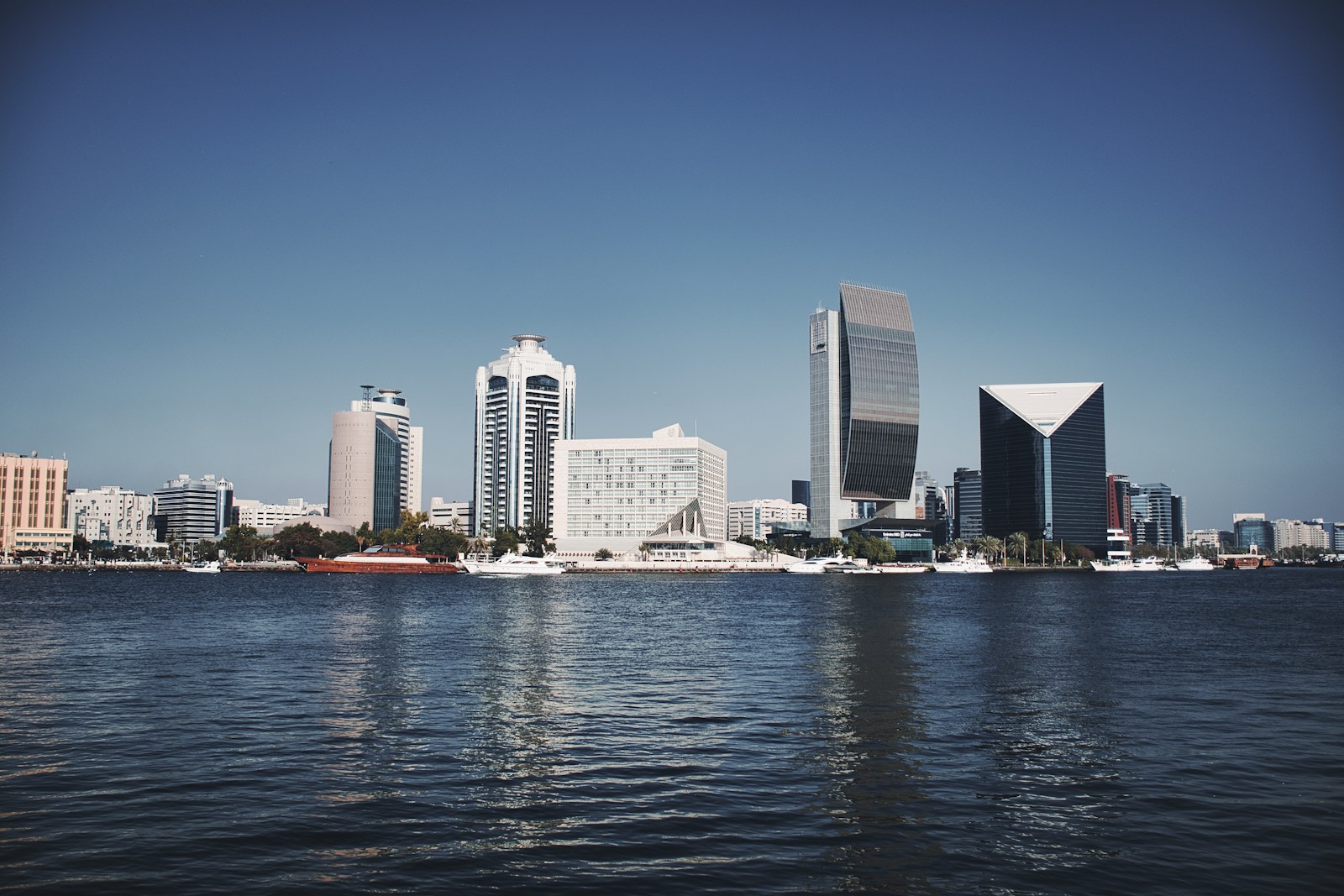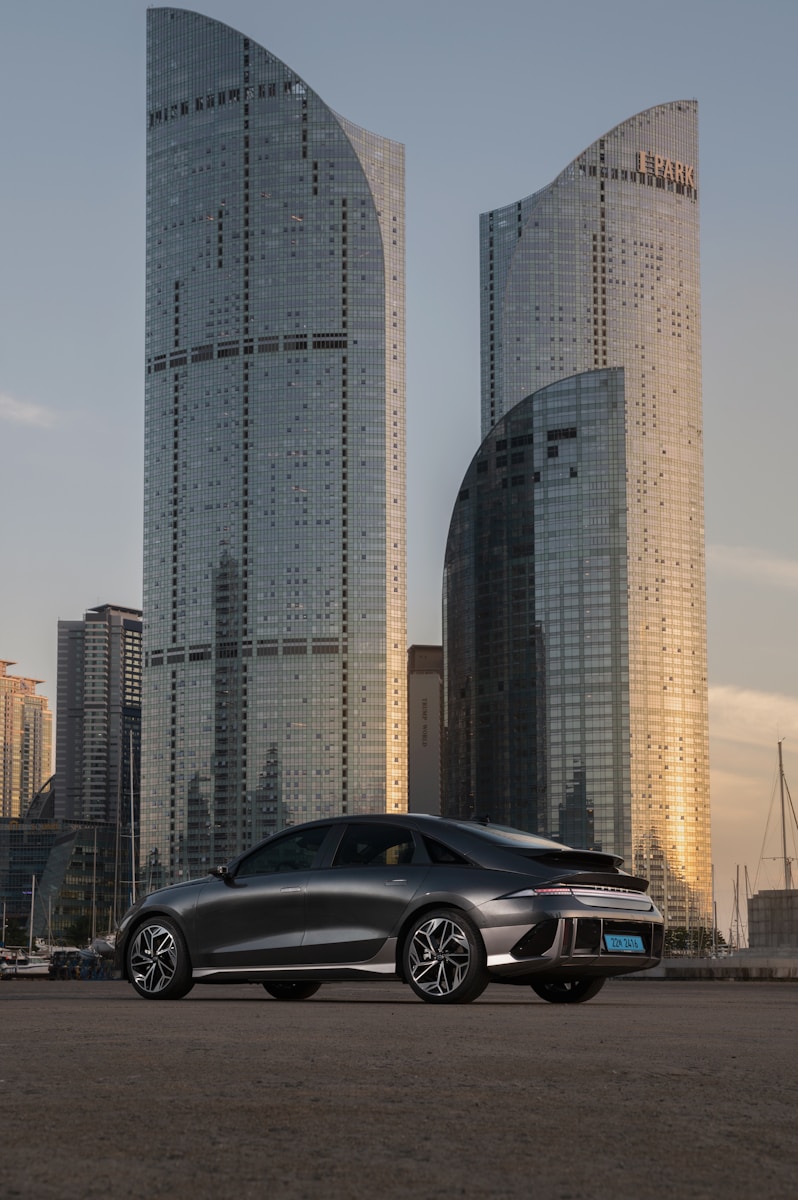The Impact of IoT Platforms on Smart Energy Management in Urban Areas
Leveraging IoT Platforms for Efficient Smart Energy Management
IoT platforms for smart energy management are revolutionizing urban sustainability efforts in cities like Riyadh and Dubai. By integrating advanced IoT devices with smart platforms, cities can optimize energy consumption, enhance operational efficiency, and promote sustainable living. This approach is particularly vital in regions where rapid urbanization and increased energy demand require innovative solutions to manage resources effectively.
In Dubai, IoT platforms are central to the city’s ambitious smart energy initiatives. These platforms facilitate the integration of numerous IoT devices, such as smart meters, sensors, and grid management tools, which continuously monitor energy consumption across various sectors. Data collected from these devices is analyzed using predictive analytics to forecast energy demand, identify inefficiencies, and optimize energy distribution. For example, smart meters provide real-time insights into residential and commercial energy usage, allowing utility providers to adjust supply dynamically based on demand, thereby reducing waste and lowering costs.
Similarly, Riyadh is embracing IoT platforms to enhance its energy management capabilities. By deploying IoT-enabled sensors throughout the city’s infrastructure, Riyadh can monitor the energy performance of buildings, streetlights, and other public facilities. The data collected is processed through IoT platforms, which use machine learning algorithms to predict future energy needs and recommend adjustments. This proactive approach not only reduces energy consumption but also aligns with Saudi Arabia’s Vision 2030 goals to promote sustainable urban development and reduce the country’s carbon footprint.
Improving Energy Efficiency and Reducing Costs through Predictive Analytics
One of the most significant advantages of using IoT platforms for smart energy management is their ability to leverage predictive analytics to improve energy efficiency and reduce operational costs. Traditional energy management systems often rely on reactive measures, such as responding to spikes in demand or equipment failures. In contrast, IoT platforms enable a more proactive approach by using data-driven insights to anticipate changes in energy usage and adjust accordingly.
In Saudi Arabia, cities like Riyadh are using predictive analytics to optimize the operation of their energy grids. IoT platforms collect data from a network of sensors that monitor various aspects of the grid, including load levels, temperature, and equipment performance. By analyzing this data, predictive models can forecast potential issues, such as overloading or component failures, and trigger preventive maintenance actions. This not only enhances the reliability of the grid but also reduces the costs associated with unexpected outages and repairs.
Dubai’s smart city initiatives also highlight the value of predictive analytics in energy management. For instance, IoT platforms are used to monitor the performance of solar panels installed across the city. By analyzing data on sunlight exposure, temperature, and energy output, the platforms can predict when maintenance is needed or when to adjust the positioning of panels to maximize efficiency. This approach not only boosts the performance of renewable energy sources but also supports Dubai’s commitment to becoming a global leader in clean energy adoption.
Enhancing Urban Sustainability with Smart Energy Solutions
The integration of IoT platforms for smart energy management plays a crucial role in enhancing urban sustainability by promoting efficient resource use and reducing environmental impact. In regions like the UAE and Saudi Arabia, where energy consumption is high due to extreme weather conditions and rapid urban growth, smart energy solutions are essential for achieving long-term sustainability goals.
Dubai’s approach to smart energy management includes the deployment of IoT platforms to monitor and control street lighting across the city. By using sensors and adaptive lighting controls, the city can adjust streetlight brightness based on real-time data, such as pedestrian presence or ambient light levels. This not only reduces energy consumption but also extends the lifespan of lighting infrastructure, contributing to lower maintenance costs and reduced environmental impact.
In Riyadh, IoT platforms are being used to optimize energy usage in public buildings, such as government offices and educational institutions. By integrating IoT devices that monitor heating, ventilation, and air conditioning (HVAC) systems, the city can adjust temperature settings based on occupancy levels and weather conditions. This smart approach to building management not only enhances energy efficiency but also improves indoor comfort for occupants, supporting a healthier and more productive environment.
Moreover, IoT platforms enable cities to engage citizens in energy conservation efforts by providing them with insights into their own energy consumption. Through smart apps and dashboards, residents can track their energy usage, receive personalized recommendations for reducing consumption, and participate in incentive programs. This increased awareness and engagement empower individuals to make more sustainable choices, contributing to the overall success of the city’s energy management strategy.
Implementing IoT Platforms for Smart Energy Management Success
Developing a Strategic Framework for IoT Integration in Energy Management
To fully capitalize on the benefits of IoT platforms for smart energy management, cities in Saudi Arabia, the UAE, and other progressive regions must develop a strategic framework that guides the integration of IoT technologies with their existing energy systems. This involves conducting a thorough assessment of current infrastructure, identifying key areas where IoT can add value, and collaborating with technology providers who specialize in IoT solutions for energy management.
In Riyadh, city planners are working closely with technology companies to deploy IoT platforms that support the city’s energy efficiency goals. By creating a centralized data hub, the city can integrate information from various IoT devices, allowing predictive analytics to deliver more accurate insights and coordinated actions. In Dubai, the focus is on creating a connected ecosystem of IoT platforms that enhance the city’s ability to manage energy resources in real time, from smart grids to renewable energy installations.
Executive coaching services can also provide valuable support to city leaders and managers overseeing IoT-based energy management projects. By offering insights into best practices, change management, and the latest technological advancements, executive coaches can help organizations navigate the complexities of digital transformation, ensuring successful outcomes and sustained improvements in energy management.
Ensuring Scalability and Interoperability of IoT Platforms
Scalability and interoperability are critical considerations when implementing IoT platforms for smart energy management. As urban areas expand and technology evolves, cities must ensure that their IoT systems can scale to meet growing demand and integrate seamlessly with other digital platforms. This requires selecting scalable IoT solutions, investing in flexible infrastructure, and adopting open standards that facilitate integration with other smart city technologies.
For example, in Dubai’s energy management initiatives, scalable IoT platforms are being deployed to monitor and manage the city’s extensive network of smart meters and renewable energy sources. By using cloud-based platforms, the city can easily expand its IoT network as new infrastructure projects are completed. This scalability ensures that the city’s energy management capabilities remain robust and responsive, even as the urban landscape evolves. Similarly, in Riyadh, IoT platforms are designed with interoperability in mind, allowing them to integrate with other smart city solutions, such as AI-driven traffic management and public safety systems.
Future-Proofing IoT Investments for Sustainable Urban Growth
To ensure the long-term success of IoT platforms for smart energy management, cities must adopt a proactive approach to future-proofing their investments. This includes continuous monitoring of technological advancements, regular updates to existing systems, and strategic investments in research and development. By staying ahead of emerging trends, cities in Saudi Arabia, the UAE, and other regions can maintain their leadership in smart city innovation and drive sustainable urban growth.
Leadership and project management play a crucial role in future-proofing IoT investments. Business executives and city planners must foster a culture of innovation, prioritize ongoing training, and encourage cross-functional collaboration. By building a resilient and adaptable IoT infrastructure, cities can navigate the complexities of a rapidly changing digital landscape and capitalize on the opportunities that IoT-based solutions offer.
In conclusion, IoT platforms for smart energy management provide cities with the tools to enhance energy efficiency, reduce costs, and promote sustainability. By implementing these solutions strategically, ensuring scalability and interoperability, and future-proofing their investments, cities in Saudi Arabia, the UAE, and beyond can unlock the full potential of IoT and achieve their smart energy goals.
—
#IoTPlatforms #SmartEnergyManagement #DigitalTransformation #SaudiArabia #UAE #UrbanInnovation #Sustainability #SmartCities #EnergyEfficiency #AIInEnergyManagement #PredictiveAnalytics #ProjectManagement










